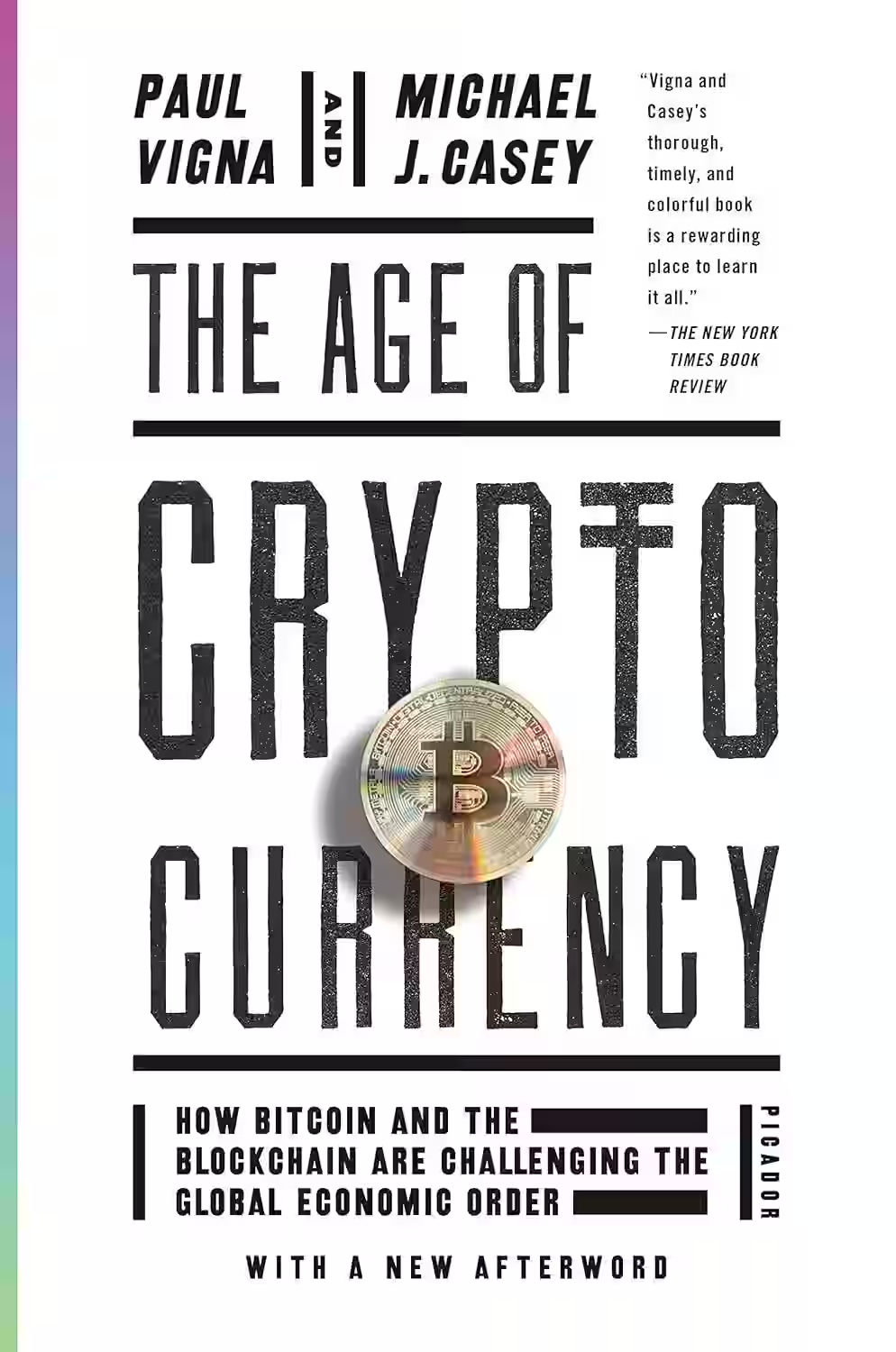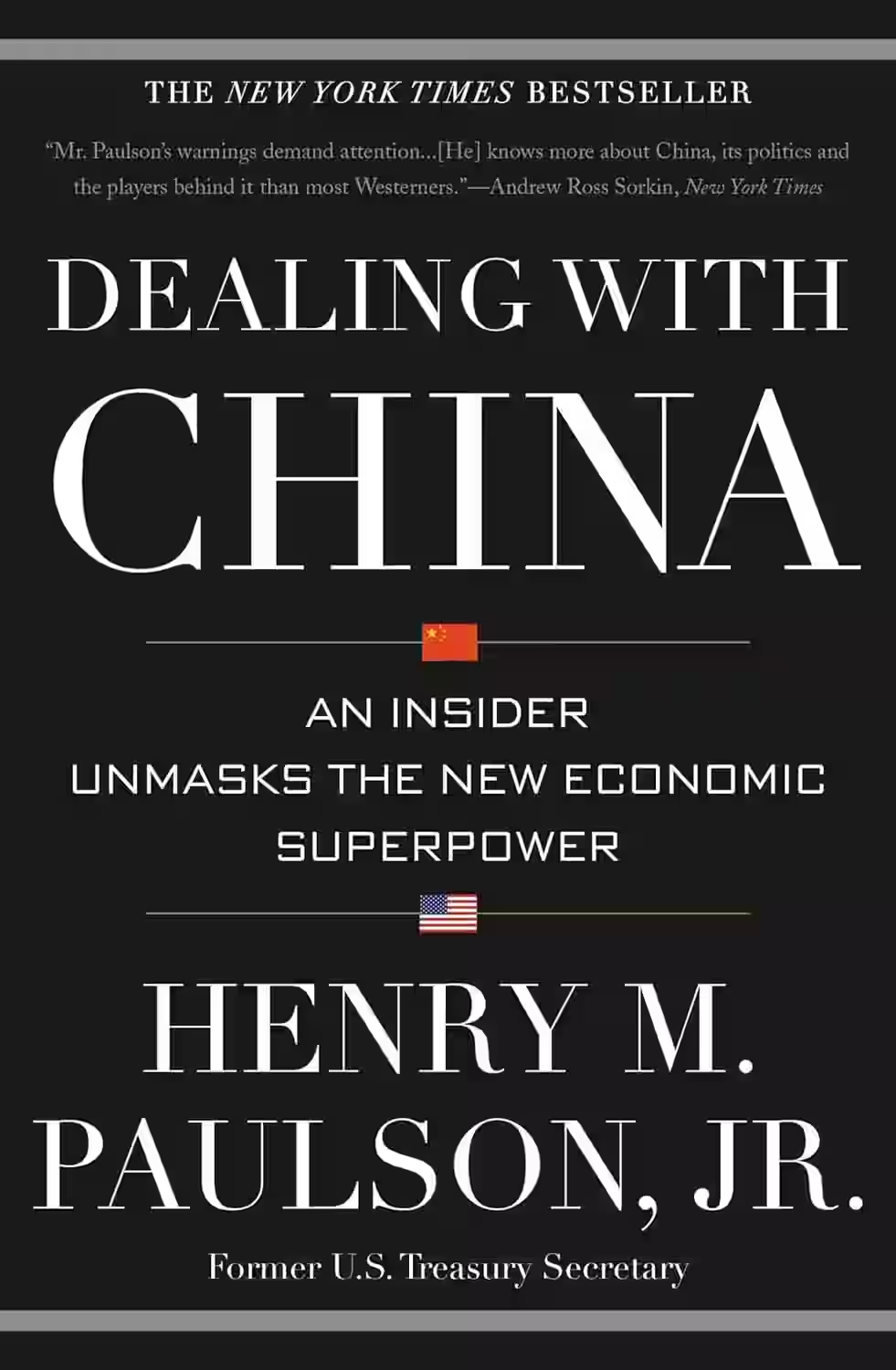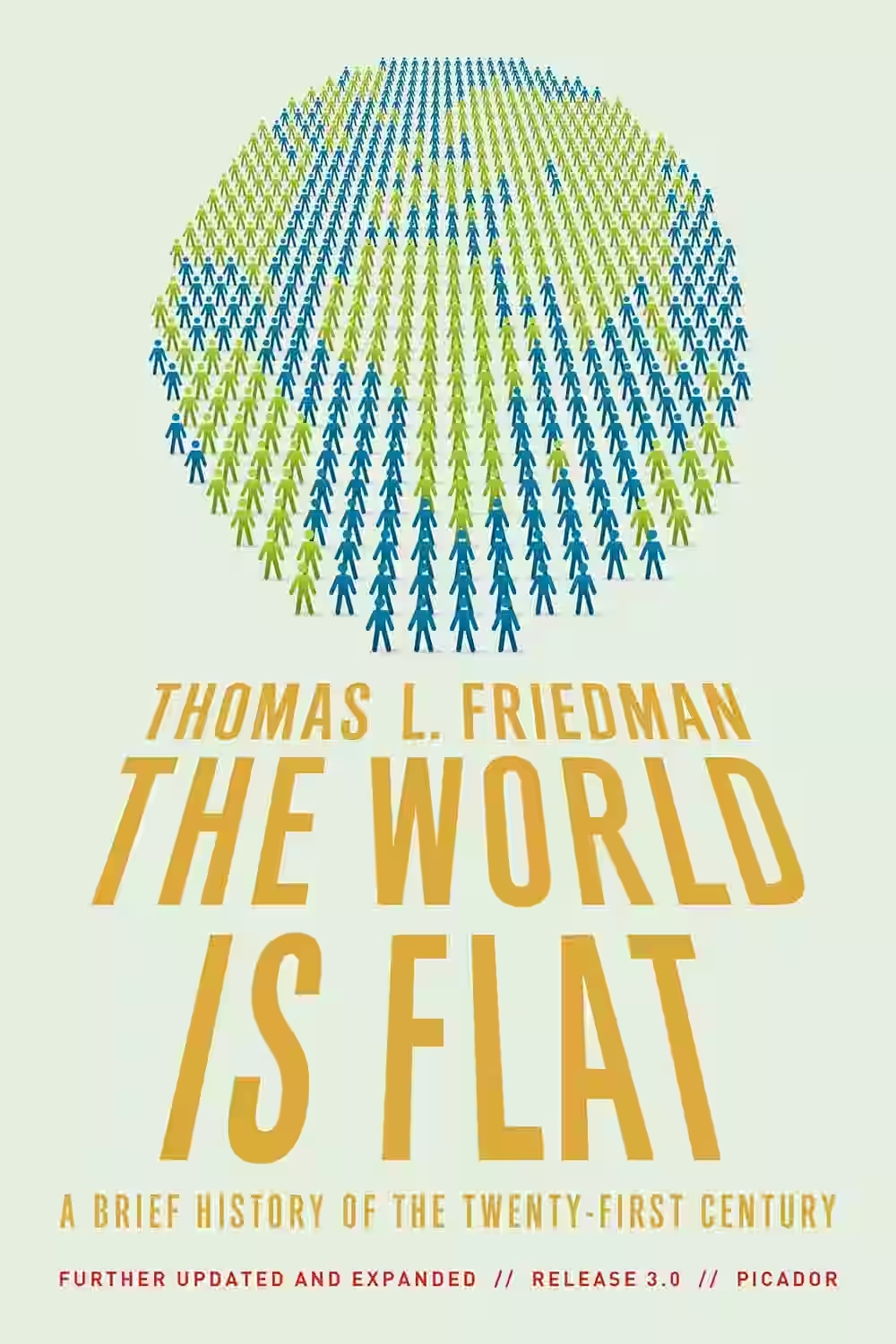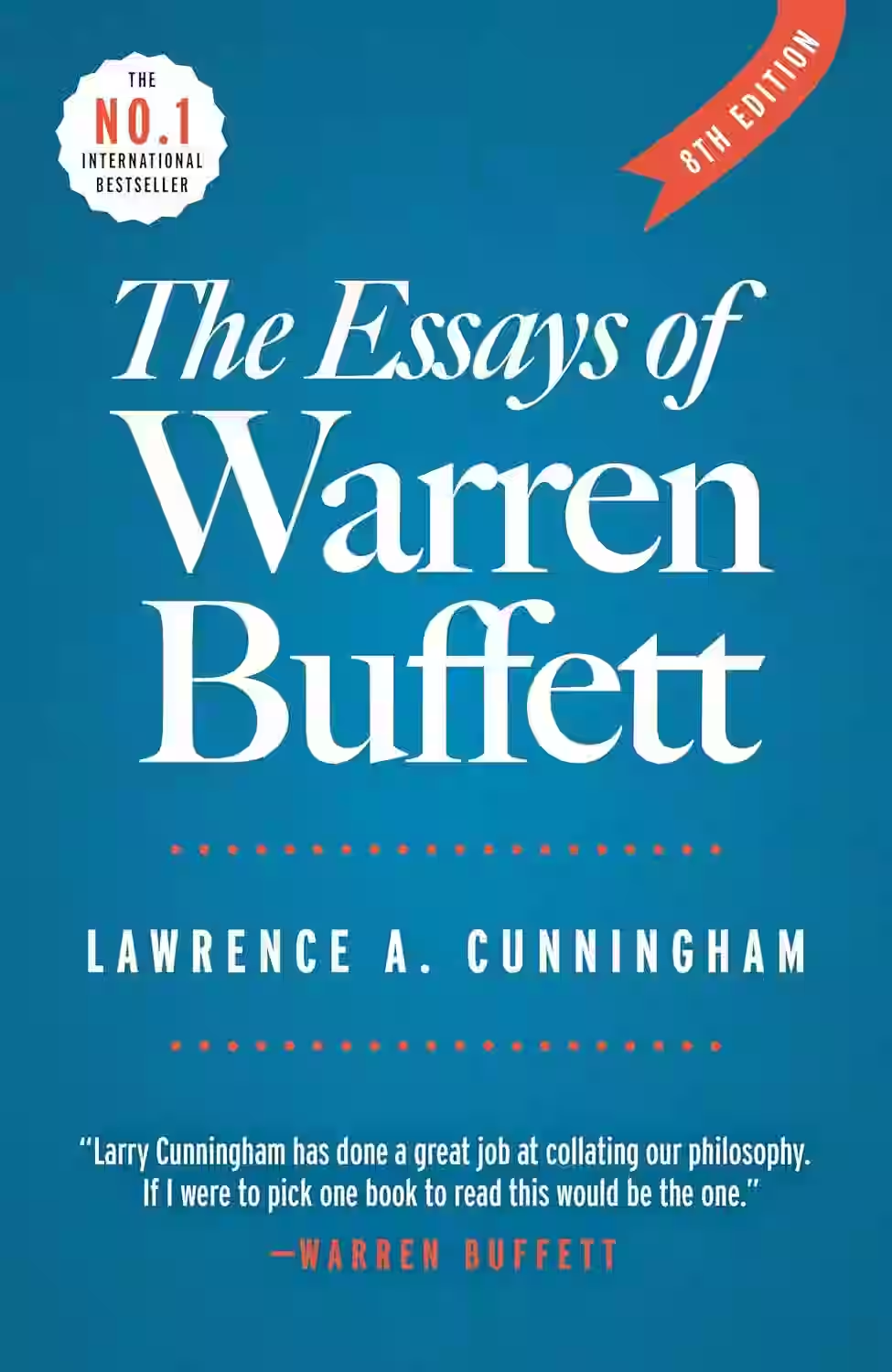
In 'The Age of Cryptocurrency: How Bitcoin and Digital Money are Challenging the Global Economic Order' by Paul Vigna, readers are taken on a captivating journey through the rise of Bitcoin and other digital currencies. Vigna and his co-author provide a comprehensive analysis of the technology behind cryptocurrency and its far-reaching implications on the global economy. Through compelling narratives and detailed research, the authors explore the potential of decentralized currencies to disrupt traditional financial systems and empower individuals worldwide. This book serves as a timely and insightful guide for anyone curious about the future of money and the innovative forces shaping our economic landscape.
About Paul Vigna
Paul Vigna is an accomplished writer known for his insightful works in the realm of finance and technology. With a background in journalism and a keen interest in cryptocurrency, Vigna has delved into the complexities of the digital economy in his co-authored book 'The Age of Cryptocurrency.' This groundbreaking work explores the rise of Bitcoin and its implications on global finance. Vigna's ability to make intricate financial concepts accessible to a wider audience has solidified his reputation as a pioneering voice in the genre. Through his engaging writing style and thorough research, Vigna continues to make significant contributions to the intersection of technology and finance in literature.
About Michael J. Casey
Michael J. Casey is a prominent writer and analyst in the fields of economics, blockchain technology, and digital currencies. A former journalist for The Wall Street Journal, Casey has co-authored several influential books, including The Age of Cryptocurrency and The Truth Machine, both with Paul Vigna. His work explores how decentralized technologies are reshaping finance, governance, and the global economy. Casey is also Chief Content Officer at CoinDesk and has held leadership roles at MIT’s Digital Currency Initiative. His writing bridges technical innovation and social impact, offering readers a nuanced understanding of blockchain’s transformative potential.
Similar Books

Dealing with China
Former U.S. Treasury Secretary Henry Paulson offers an insider’s perspective on China’s economic transformation and its complex relationship with the United States. Drawing on his years of engagement with Chinese leaders as a top executive at Goldman Sachs and a U.S. policymaker, Paulson charts China’s rise, challenges, and ambitions. He candidly addresses issues like financial reform, environmental policy, and the shifting global power balance. Dealing with China is both a memoir and a strategic guide, offering practical insights for navigating U.S.–China relations in an increasingly interconnected world. It’s essential reading for policymakers, investors, and global thinkers.

The Black Swan
Series: Incerto (#2)
The Black Swan explores the profound impact of rare, unpredictable events—what Taleb calls “Black Swans”—that lie outside normal expectations but have massive consequences. The book challenges traditional forecasting and risk models, arguing that humans consistently underestimate uncertainty. Taleb illustrates how randomness and surprise shape history, from financial markets to scientific breakthroughs, and advocates for antifragility—systems that benefit from disorder. Combining philosophy, probability theory, and anecdotal insight, The Black Swan is a provocative critique of modern thinking and a call to embrace humility in the face of complexity. It’s a transformative read for anyone making decisions in uncertain environments.

The World Is Flat
In 'The World Is Flat,' Thomas L. Friedman explores the concept of globalization and its impact on our interconnected world. He delves into how technological advancements, particularly the rise of the internet, have leveled the playing field for individuals and businesses worldwide, creating both opportunities and challenges. Friedman argues that in this 'flat' world, countries and individuals must adapt to stay competitive. Through engaging anecdotes and analysis, the author paints a vivid picture of a world where traditional boundaries are becoming increasingly blurred. This thought-provoking book challenges readers to rethink their place in a globalized society.

The Essays of Warren Buffett by Warren Buffett
by Warren Buffett, Lawrence Cunningham
In 'The Essays of Warren Buffett,' readers are granted a rare glimpse into the mind of one of the most successful investors of our time. Through a collection of Buffett's insightful essays, the book delves into the fundamental principles that have guided his investment strategies and contributed to his immense wealth. Covering topics such as business valuation, corporate governance, and market behavior, Buffett offers practical wisdom and timeless advice for both seasoned investors and those new to the world of finance. His straightforward approach and emphasis on long-term thinking make this book a must-read for anyone interested in mastering the art of investing.